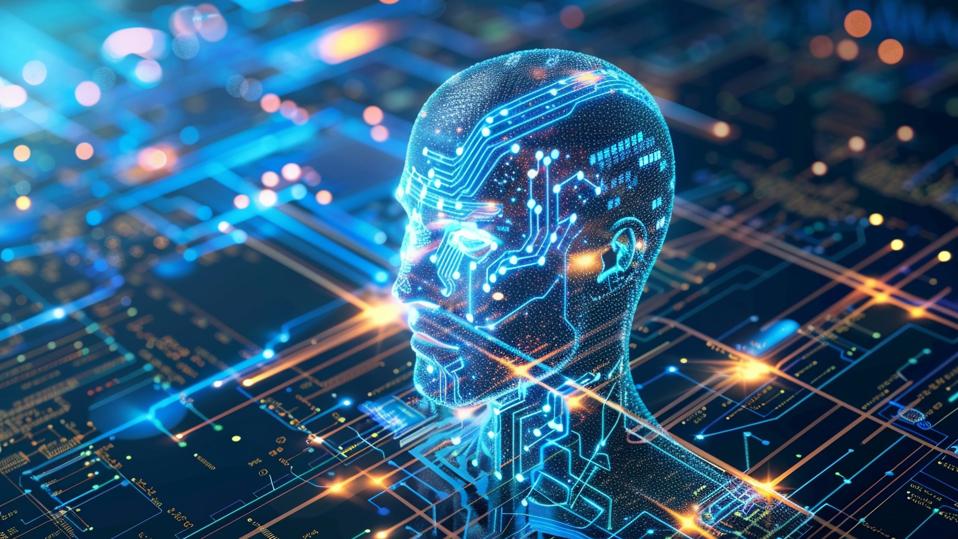

AI is powerful, but without verified data, predictions can be misleading. Discover why verified skills data is the cornerstone of effective AI in workforce planning.
Artificial Intelligence (AI) has rapidly become the backbone of modern workforce planning, talent management, and predictive HR analytics. From forecasting employee attrition to recommending personalized learning paths, AI’s capabilities appear limitless.
But there’s a catch: AI is only as good as the data it’s fed.
AI-driven predictions without verified data can lead to flawed conclusions, biased outcomes, and missed opportunities. For businesses looking to future-proof their workforce, integrating verified data into AI systems isn’t optional—it’s essential.
Picture this: a large organization wants to identify high-potential employees to fast-track into leadership roles. They implement an AI model trained on historical performance reviews and manager ratings. The AI flags a group of employees with “high leadership potential.”
But here’s the problem—the underlying data is subjective, inconsistent, and outdated. No formal skills assessments, no verified credentials, just manager intuition and HR spreadsheets.
Without verified skills data to validate these predictions, the model’s output is little more than a guess wrapped in mathematical confidence.

Let’s break it down. Verified data refers to structured, validated, and consistently updated information—especially about employee skills, qualifications, and experiences. When this data feeds into AI models, the result is significantly more reliable and actionable.
Here’s why verified data is crucial:
Subjective data can reflect unconscious bias. Verified skills assessments ensure a more objective foundation for AI predictions, helping to level the playing field across gender, age, race, and other variables.
AI systems trained on verified employee skills deliver more accurate insights into workforce capabilities, future needs, and talent gaps.
With real-time, validated skills data, organizations can dynamically match people to roles, learning paths, and career opportunities—creating agile, future-ready teams.
Employees and managers are more likely to trust AI-generated recommendations when they’re based on transparent, verifiable data inputs.
Relying on unverified data doesn’t just lead to poor predictions—it has real-world consequences:
In today’s competitive landscape, talent is your most strategic asset. Making decisions based on flawed predictions isn’t just risky—it’s costly.
The future of work isn’t just AI-driven—it’s data-verified and human-centered. Companies like JobKred are leading this evolution by providing platforms that validate employee skills through structured assessments, real-world experience mapping, and role-based recommendations.
Here’s how a skills assessment platform plays a critical role:
This integrated approach ensures that AI tools aren't just making predictions—they're making the right ones.
In the age of algorithmic decision-making, ethics matter more than ever.
When AI makes career-impacting decisions—from promotions to learning access—it must be grounded in fair, transparent, and verified data. Otherwise, you risk reinforcing inequalities and eroding trust in both your systems and leadership.
This is especially important for organizations committed to diversity, equity, and inclusion (DEI). Verified data can help ensure AI tools don’t simply replicate the biases of the past—they help build a better future.

